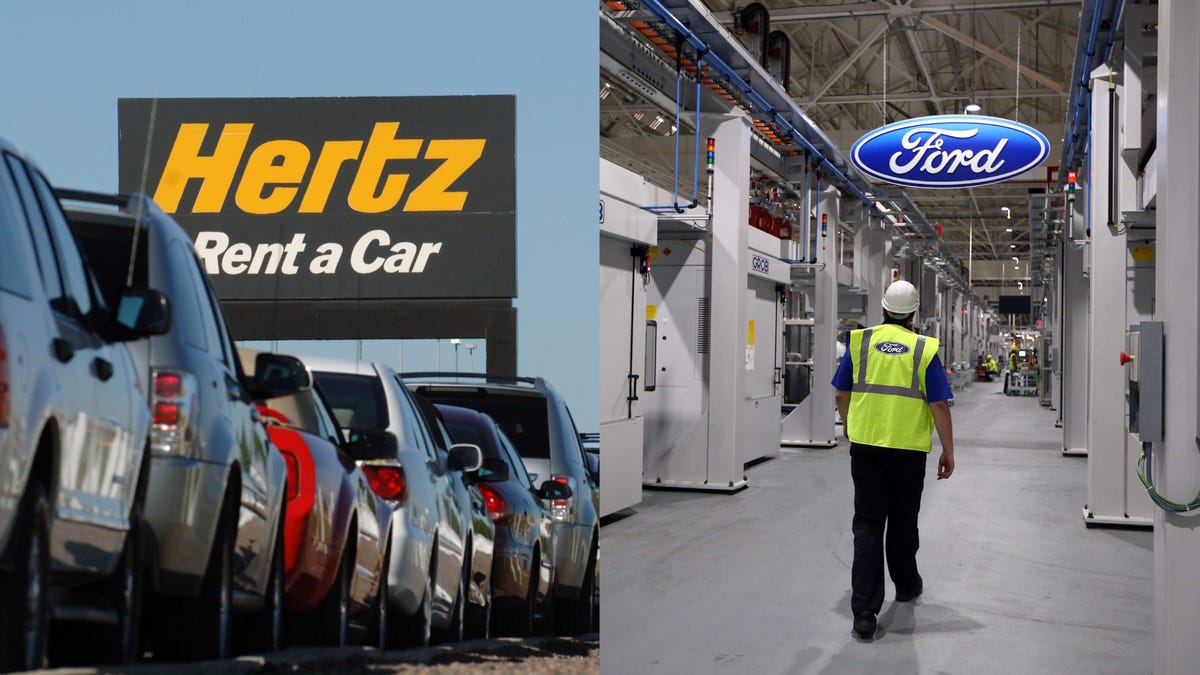Ford, Hertz Pump Brakes on EV Plans, Reports Say - 3 minutes read

As the years have ticked on, electric vehicles have become more and more accessible to the general public. However, some companies in the EV business are rethinking their investments in the tech.
Hertz revealed this week that it would be scaling back on its rollout of hundreds of thousands of EVs, according to The Verge Friday citing the company’s Q3 earnings call. Hertz previously signed a deal with Polestar and Tesla to purchase upwards of 200,000 electric vehicles for rental. 50,000 of those vehicles were Teslas that Uber drivers could rent out to serve ride-hailers across the globe, and those same drivers were putting a lot of stress on Hertz’s newly purchased EVs, the report says. Hertz was reportedly not expecting the amount of wear and tear to be so high on its electrified fleet and therefore moved those EVs into the supply that could be rented out for leisure driving—which has left Hertz with a lot of electric vehicles.
“As a result, RPD [revenue per day] for our electric vehicles in leisure dropped, which contributed to the lower RPD performance for the company in the quarter,” Hertz CEO Stephen M. Scerr said during the company’s earnings call Thursday. “Over the next several quarters, we expect to move an increasing number of our current electric vehicles into the rideshare fleet, supplementing the several thousand EVs on rents made in just the last several months.”
Ford is also facing some bumpy roads in its electric vehicle investment. The car manufacturer is pausing its planned $12 billion investment on EV manufacturing, as reported by CNBC Thursday. Ford cited a reduced demand in electric vehicles as consumers are not interested in paying exorbitant prices. While the company reportedly still plans to invest in EV manufacturing, it’s planning on doing so much slower than previously thought.
Hertz and Ford did not immediately return Gizmodo’s request for comment.
Electric vehicles have certainly risen in popularity over the last decade, but have still faced plenty of friction in their rollout. Some Republican lawmakers dubbed EVs a blight on the world, with Tennessee politicians pushing for an annual $300 tax on those who purchase one. Ford competitor Chevy announced earlier this year that it would stop producing the Chevy Bolt and Chevy Bold EUV in exchange for using the manufacturing space to produce the company’s less accessible electric pickup trucks. That said, electric vehicles are still having a moment of their own: Amazon has begun the process of swapping out its gas-powered delivery trucks for electric counterparts.
Source: Gizmodo.com
Powered by NewsAPI.org